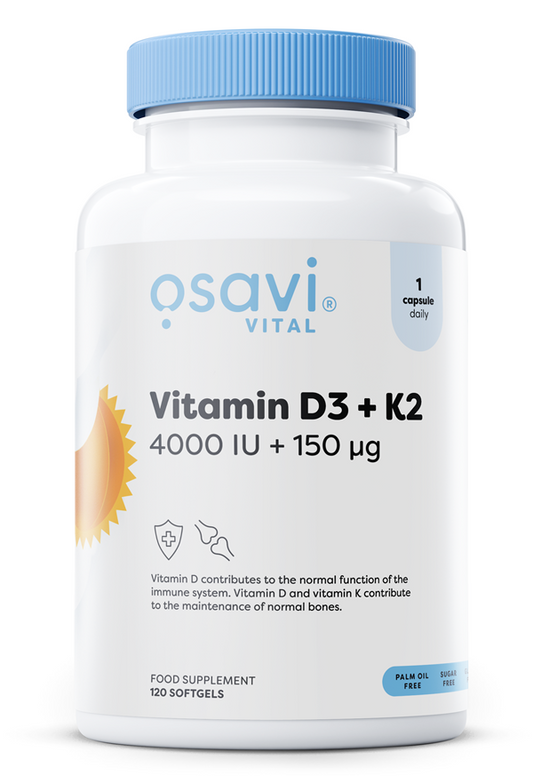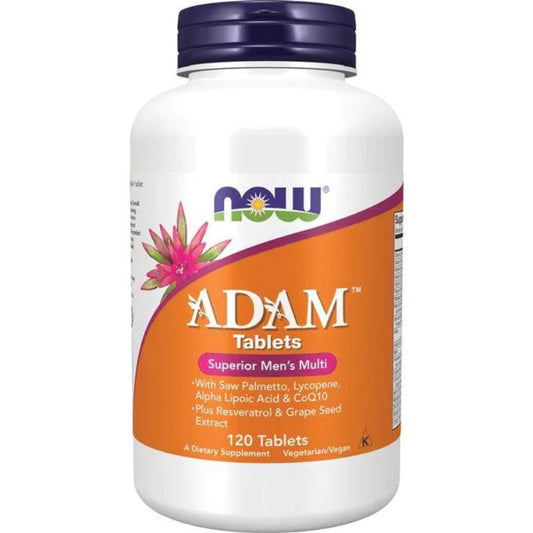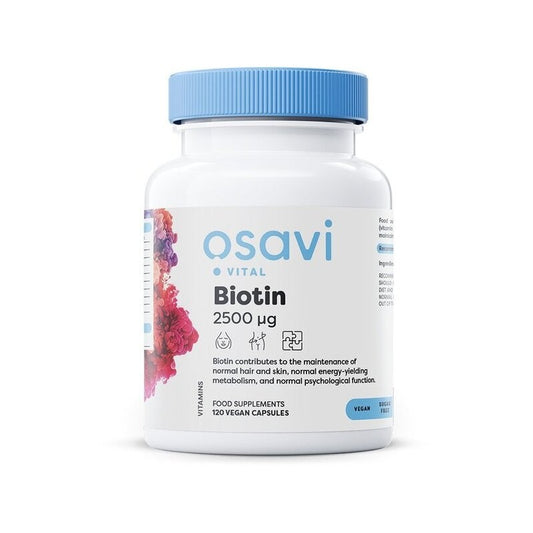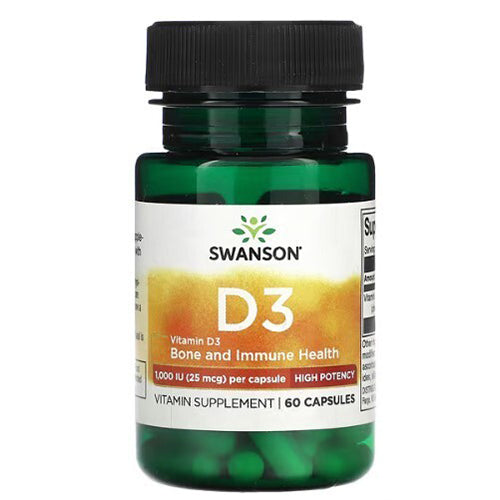
Vitamin B9 (Folate): Essential Nutrient for Cellular and Overall Health
Jakub SkibaWhen you think of B-vitamins, Vitamin B9 (Folate) should definitely be at the top of your list. This essential nutrient is widely recognized for its connection to pregnancy and fetal development, but its benefits extend far beyond that. Folate plays a central role in cellular function, DNA synthesis, and red blood cell production, making it a cornerstone of overall wellness. It also supports proper amino acid metabolism, assists in maintaining healthy energy levels, and contributes to the normal functioning of many bodily processes. Whether you’re planning for a family, focusing on mental clarity, or simply looking to optimize your overall health, ensuring adequate folate intake is key to maintaining your body’s natural balance and supporting long-term well-being.
In this post, we’ll explore what Vitamin B9 is, how it works in the body, signs of low intake, and natural ways to boost your levels through diet and lifestyle.
What Exactly Is Vitamin B9 (Folate)?
Folate, also called Vitamin B9, is a water-soluble vitamin that plays a central role in DNA and RNA formation, the building blocks of cells. It supports the production of red blood cells, which help transport oxygen throughout the body. Folate is also involved in amino acid metabolism and helps regulate processes that maintain healthy cell function.
The synthetic form, folic acid, is commonly used in supplements and fortified foods. While folic acid is more stable for processing, natural folate from food sources is generally easier for the body to absorb and utilize efficiently.
How Vitamin B9 (Folate) Works in the Body
DNA and Cell Health
Folate is essential for the growth and replication of cells. Adequate folate levels help ensure cells function properly, supporting tissue repair and maintenance across the body.
Supporting Healthy Development
Folate contributes to normal cell division and growth, making it an important nutrient during periods of rapid cellular turnover, such as adolescence, growth phases, and pregnancy preparation.
Energy and Nutrient Metabolism
Folate works with other B-vitamins to support amino acid metabolism and overall energy processes, helping the body efficiently convert nutrients into usable energy.
Mental Well-being
Folate is involved in the production of neurotransmitters that influence mood regulation, sleep patterns, and cognitive clarity. Ensuring adequate folate intake contributes to overall mental wellness and supports healthy brain function.
Red Blood Cell Formation
Folate contributes to the formation of red blood cells and helps maintain normal hemoglobin levels. Regular folate intake supports the body’s natural ability to transport oxygen efficiently.
Signs of Low Folate Intake
Since folate is water-soluble and not stored for long periods, consistent intake through food or supplements is important. Low folate intake can impact energy, mental clarity, and overall cellular function.
Possible Signs of Low Folate:
-
Pale complexion or glossy tongue
-
Occasional irritability or difficulty concentrating
-
Digestive discomfort
-
Lowered resilience to cellular stress
Natural Sources of Vitamin B9 (Folate)
Folate is abundant in a variety of foods. Eating a diverse, plant-rich diet helps maintain adequate folate levels naturally.
Top Folate-Rich Foods:
-
Leafy greens (spinach, kale, collard greens)
-
Legumes (lentils, chickpeas, beans)
-
Asparagus
-
Avocados
-
Beets
-
Citrus fruits (oranges, grapefruits)
-
Nuts and seeds (sunflower seeds, almonds)
-
Fortified cereals and grains
-
Eggs and liver
Including these foods in your daily diet helps support normal cellular function, energy levels, and overall wellness.
How Much Vitamin B9 (Folate) Do You Actually Need?
Daily folate needs vary by age and life stage. Here’s a reference:
|
Group |
Daily Recommended Intake |
|
Infants (0–6 months) |
65 mcg |
|
Children (1–3 years) |
150 mcg |
|
Children (4–8 years) |
200 mcg |
|
Children (9–13 years) |
300 mcg |
|
Adults (14+ years) |
400 mcg |
|
Pregnant women |
600 mcg |
|
Breastfeeding women |
500 mcg |
Many countries fortify foods with folic acid to help the population meet their daily requirements naturally.










